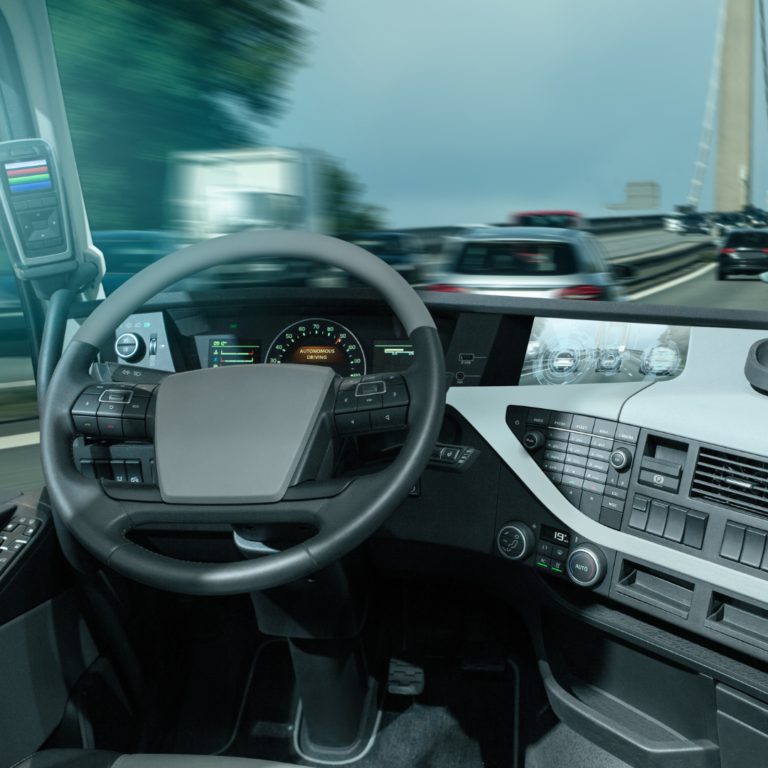The integration of autonomous trucks into our transportation landscape sparks both anticipation and skepticism.
Despite objections, three emerging companies—Aurora Innovation, Kodiak Robotics, and Gatik AI—are seeking to deploy autonomous trucks on Texas roads, bypassing the need for safety drivers.
These companies, backed by extensive testing, employ software and various sensors, including cameras, radar, and lidar. To date, these startups have conducted freight transportation for major companies such as Walmart Inc, Kroger Co, FedEx Corp, and Tyson Foods.
Acknowledging the slim margin for error in implementing the technology, the companies argue that potential benefits, such as improved road safety and reduced transportation costs, justify the risks.
Cathy Chase, president of Advocates for Highway and Auto Safety, expresses concerns about the lack of regulation, transparency, and comprehensive data collection. Opposition also includes the International Brotherhood of Teamsters, a union with 1.3 million members representing drivers and warehouse workers who oppose this potential industry shift due to labor-related issues.
Critics point out that autonomous trucks pose significant risks when operating at high speeds on highways and carrying weights of up to 80,000 pounds. The absence of cohesive federal regulation has led states to independently formulate regulations, resulting in a landscape of fragmented regulations with no clear decisions to date. Currently, it is primarily the southern states that authorize the operation of self-driving trucks.

Companies argue that, in addition to reducing wage costs, autonomous trucks can surpass the 11-hour daily driving limit for human drivers. By constantly scanning their surroundings, these vehicles achieve faster reaction times. This, coupled with consistent driving at controlled speeds, could result in emission savings of 10% or more.
Another prominent argument is that human drivers do not guarantee safety. In 2021, there were 5,700 fatal accidents involving large trucks, according to statistics from the Federal Motor Carrier Safety Administration.
However, the FMCSA suggests that autonomous trucks may not be exempt from accidents. Reports indicate that nearly two-thirds of fatal accidents occur when a person, object, animal, or another vehicle veers into the truck’s lane. This implies that data collected by an autonomous truck’s computer system will be crucial in determining the cause of an accident.
Autonomous driving companies acknowledge that state and federal regulators have the authority to remove vehicles and halt their operation if deemed an unreasonable risk to the driving public. The transformation of the road transportation sector will depend on whether the results of early autonomous trips without safety drivers are successful.
The integration of autonomous trucks into our transportation landscape sparks both anticipation and skepticism. While companies champion the potential safety improvements and cost savings, critics raise valid concerns about regulation, transparency, and the impact on the workforce.

The story of the first car race in Paris: a historic hit in 1894
Paris stands not only as a cultural and artistic epicenter but also as a pioneer in car racing In the history of automotive racing, Paris

Top states for driving in the United States in 2024
A WalletHub study compared all 50 states to determine the best driving conditions Road safety and quality are central concerns for drivers. And while the

Briefs: marijuana reclassification, vehicle fees, and climate grants
The trucking industry goes through new legislation, taxes and subsidies Questions about the proposed reclassification of marijuana The Owner-Operator Independent Drivers Association (OOIDA) supports the

Impact of traffic pollution: study reveals increase in blood pressure
A study from the University of Washington in Seattle reveals that the main cause of significant increases in blood pressure might be traffic-related gasses A

The benefits and careers of a Commercial Driver’s License
Having a CDL opens multiple doors within the trucking and transportation industry Having a Commercial Driver’s License (CDL) opens multiple doors within the trucking industry,

Sharing the road with a truck: steps to ensure your safety
Caution around blind spots and anticipating truck maneuvers are essential to ensuring everyone’s safety Truck drivers face significant challenges on the road due to their
